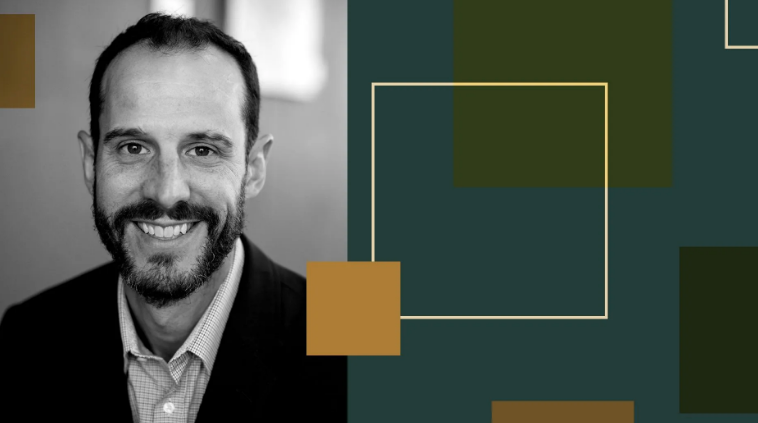Search for topics or resources
Enter your search below and hit enter or click the search icon.
September 3rd, 2024 | 2 min. read

Marathon Health CEO Jeff Wells spent some time with Caitlin Owens of Axios to discuss the future of healthcare, and, more specifically, how we should change our thinking of primary care. Take a peek at their conversation below and if you’d like to learn more, check out the Axios Future of Healthcare Newsletter with more insights about insurance costs, wait times, and more.
I chatted on the phone this week with Jeff Wells, CEO of Marathon Health. Before we got into our standard questions, I asked him to tell me about the company and what sets it apart. Some snippets:
Now let’s get to our standard set of questions …
Q: One trend transforming health care that we’re not paying enough attention to?
A: The importance of influencing human behavior change. Most of the challenges with an individual’s health and ultimately cost are the chronic conditions that are largely lifestyle influenced. … We as people have power to do something about it, but change is hard.
Q: Biggest challenge health care faces?
A: Rising cost.
Q: Biggest opportunity?
A: Redesigning incentives that allow us to redesign the care model. Today, 97% of health care reimbursement is still flowing through a transactional, fee-for-service kind of “sick care” model.
Q: Biggest wild card?
A: The role that technology can play, and specifically advanced AI-related technologies.
Q: What’s your go-to piece of advice?
A: Seek first to understand.
Q: When/where do you do your best thinking?
A: Outside the office, probably brainstorming with one or two people.
Q: Favorite piece of technology that you own?
A: A Power Plate.
Q: Fun prediction: Tell us something about what health care is going to be like in 5-10 years that’s different from today.
A: More self-directed care, so the idea that whether it’s through technology or just services at the home, we will enable patients to manage more and more of their own health versus having to go through the professional gatekeeper model.